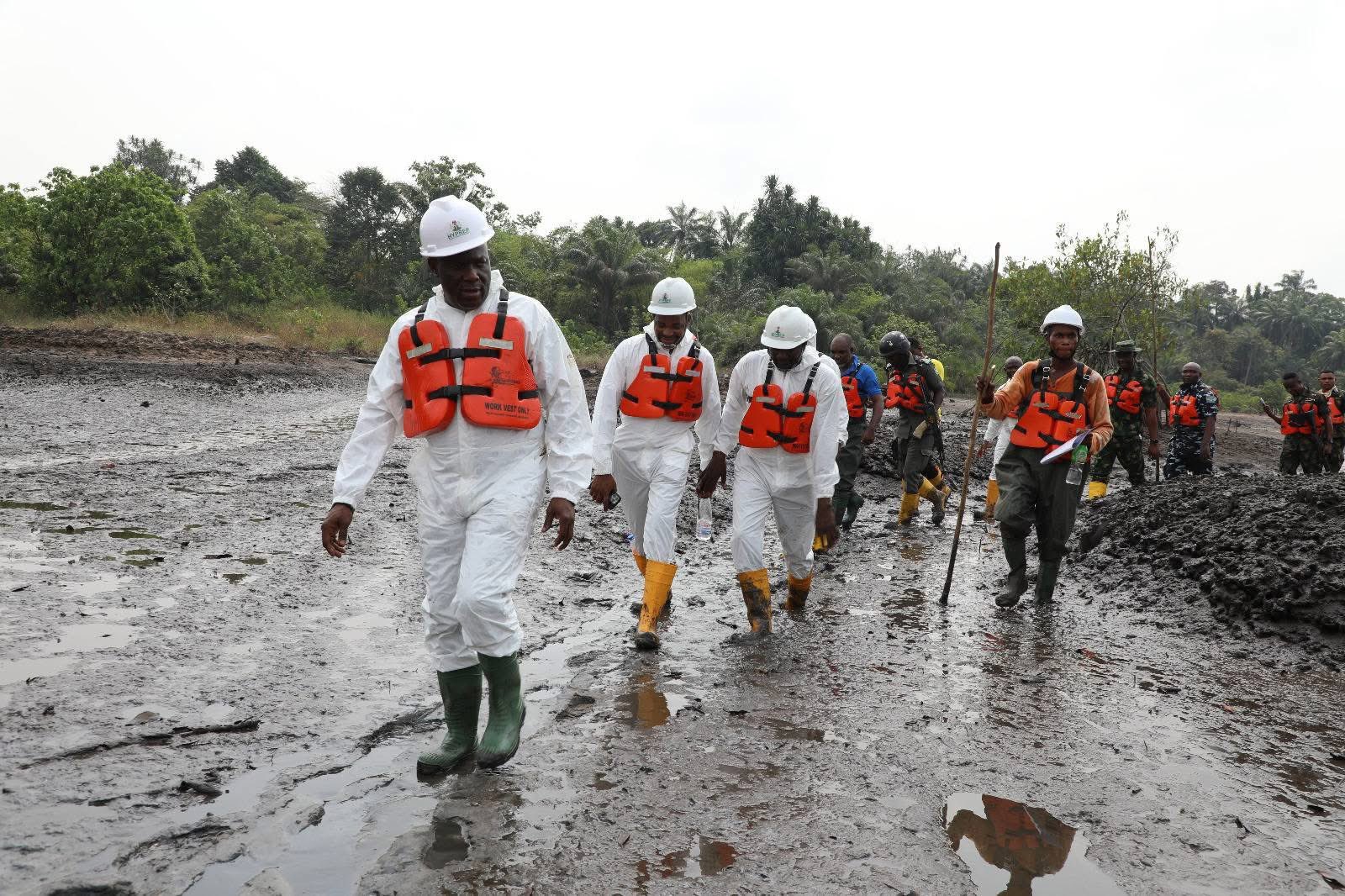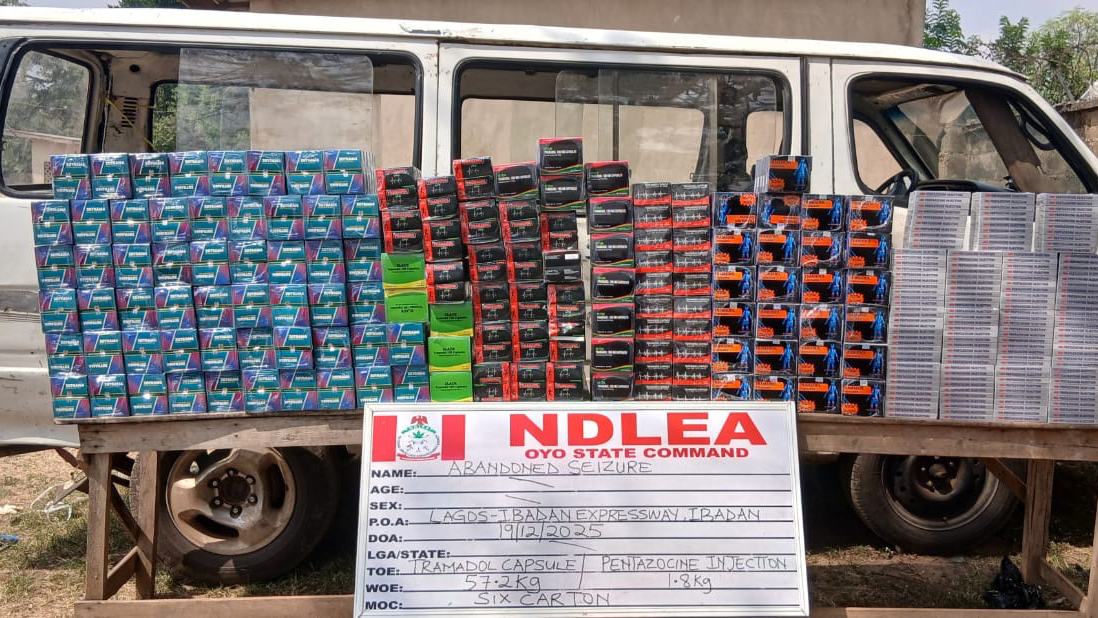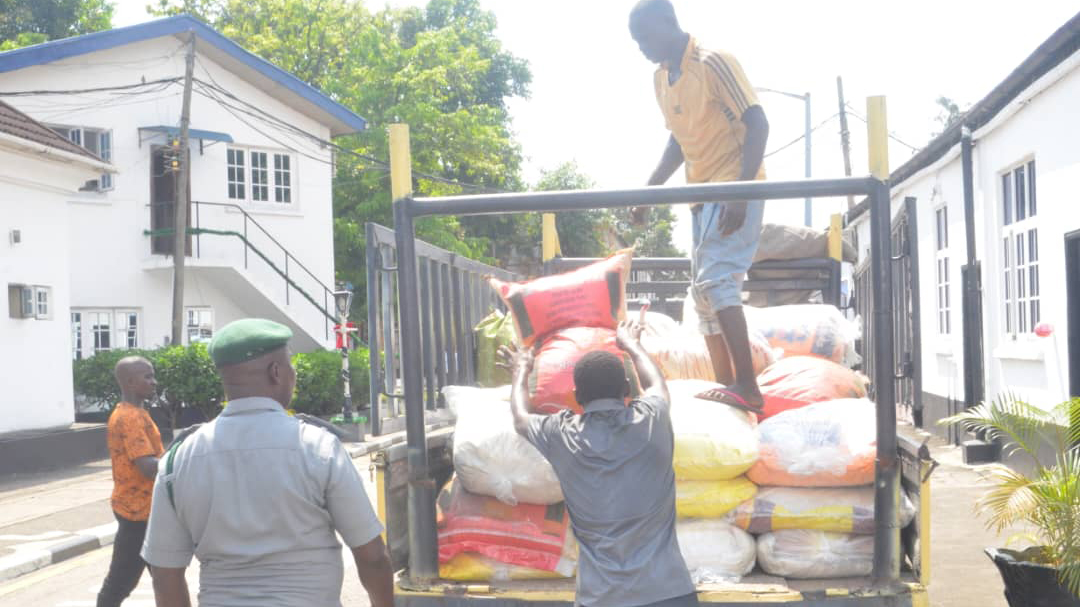
The Hydrocarbon Pollution Remediation Project (HYPREP) has embarked on an initiative to restore bloody cockles in the creeks of Ogoni.
The effort, according to the HYPREP Coordination Office, is part of the Project’s ongoing shoreline remediation and mangrove restoration projects aimed at restoring ecosystem goods and services.
Professor Nenibarini Zabbey, Project Coordinator of HYPREP, made the disclosure during a visit to the Nigerian Institute of Oceanography and Marine Research in Buguma in Asari Toru Local Government of Rivers State, where the project is funding research on culturing bloody cockles.
He noted that bloody cockles, a vital source of livelihood for coastal communities, have become critically endangered due to oil spills and human activities, saying HYPREP aims to artificially propagate the cockles in the lab and reintroduce them to the Ogoni shoreline.
Zabbey said that the initiative aligns with HYPREP’s mandate to restore the environment, including keystone species like bloody cockles, oysters, and other seafood in Ogoni creeks.
“The initiative is in line with HYPREP’s mandate to restore the environment, including keystone species like the bloody cockle, oyster, and other seafood in Ogoni creeks,” Zabbey said.
“This species of seafood has supported the livelihood of the people for centuries, particularly the women and children.”
He added that the restoration project focuses on women and children, who are drivers of the local economy.
Zabbey noted that culturing bloody cockles is more sustainable, given environmental conditions that could affect natural reproduction.
“In restoring the environment, the Project is mostly interested in women and children, describing them (women) as drivers of the local economy,” he added.
Zabbey expressed optimism that the effort will benefit Ogoni, other coastal communities in the Niger Delta, and beyond.
“The adoption of culturing the bloody cockle at the moment is more sustainable given certain environmental conditions that could affect natural reproduction in large numbers as envisaged,” he said.






